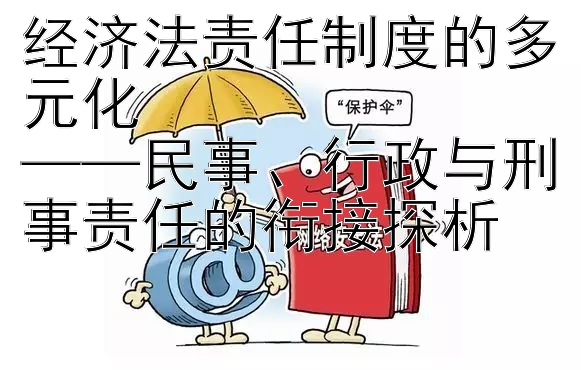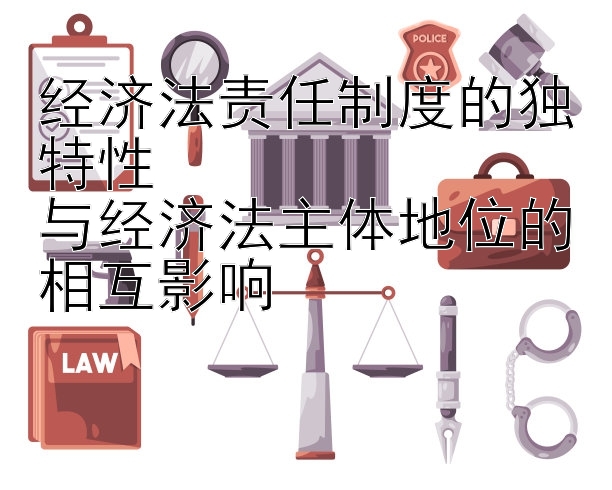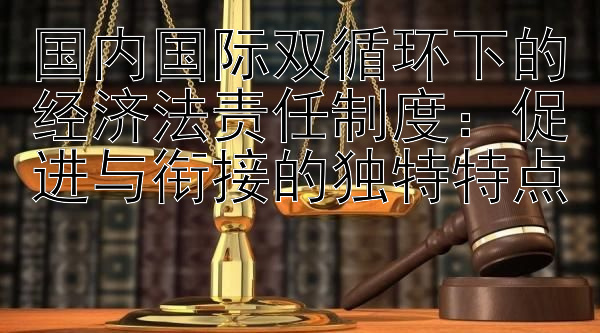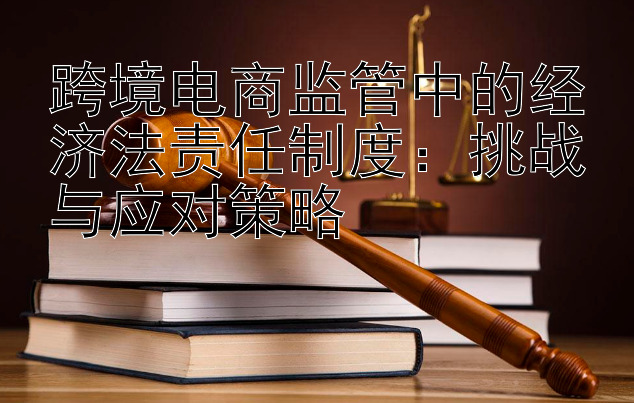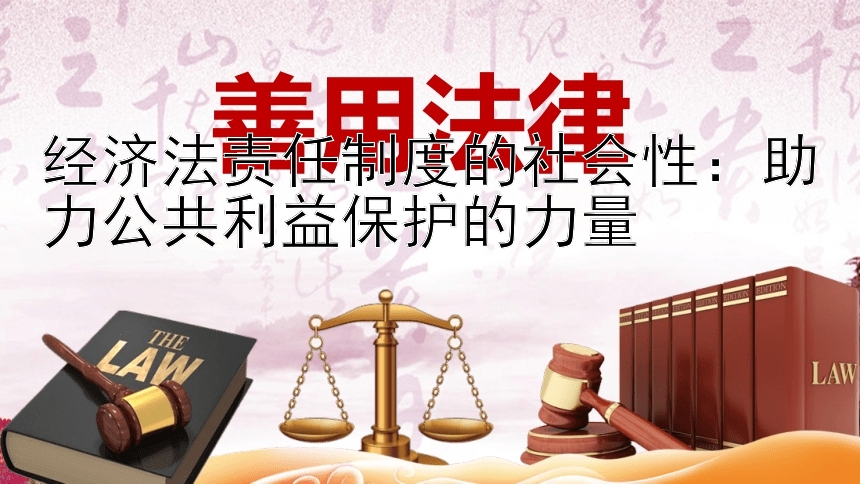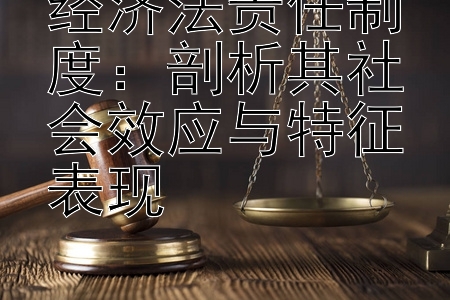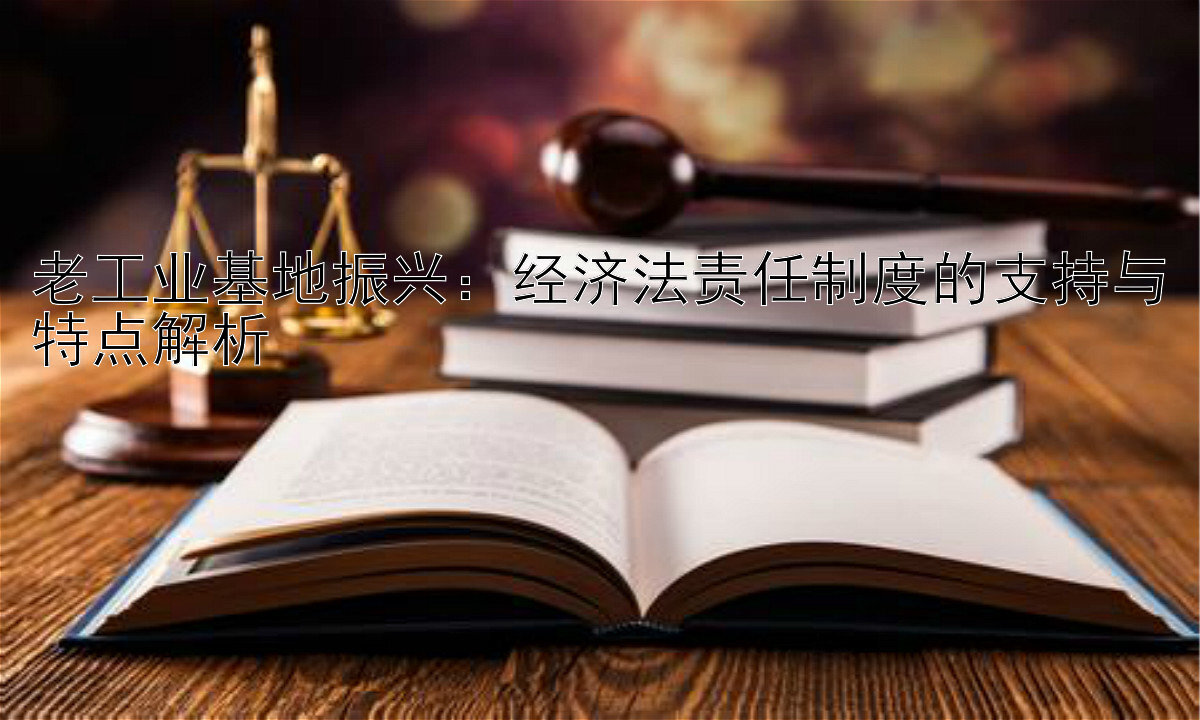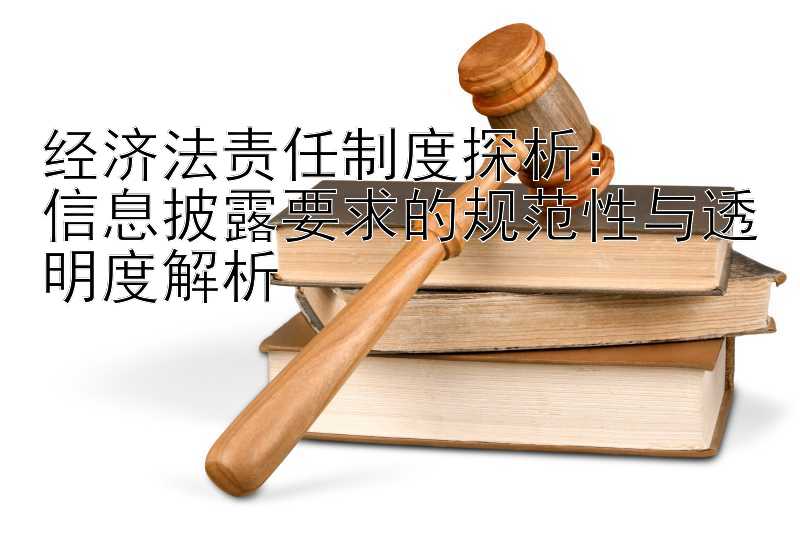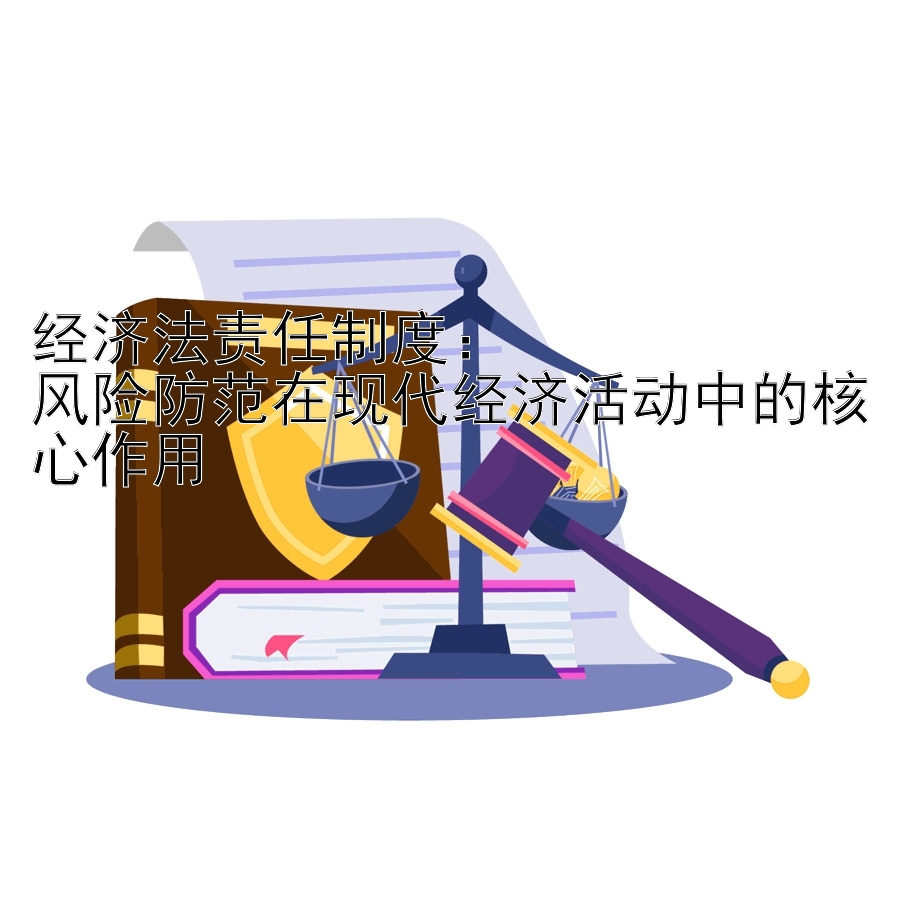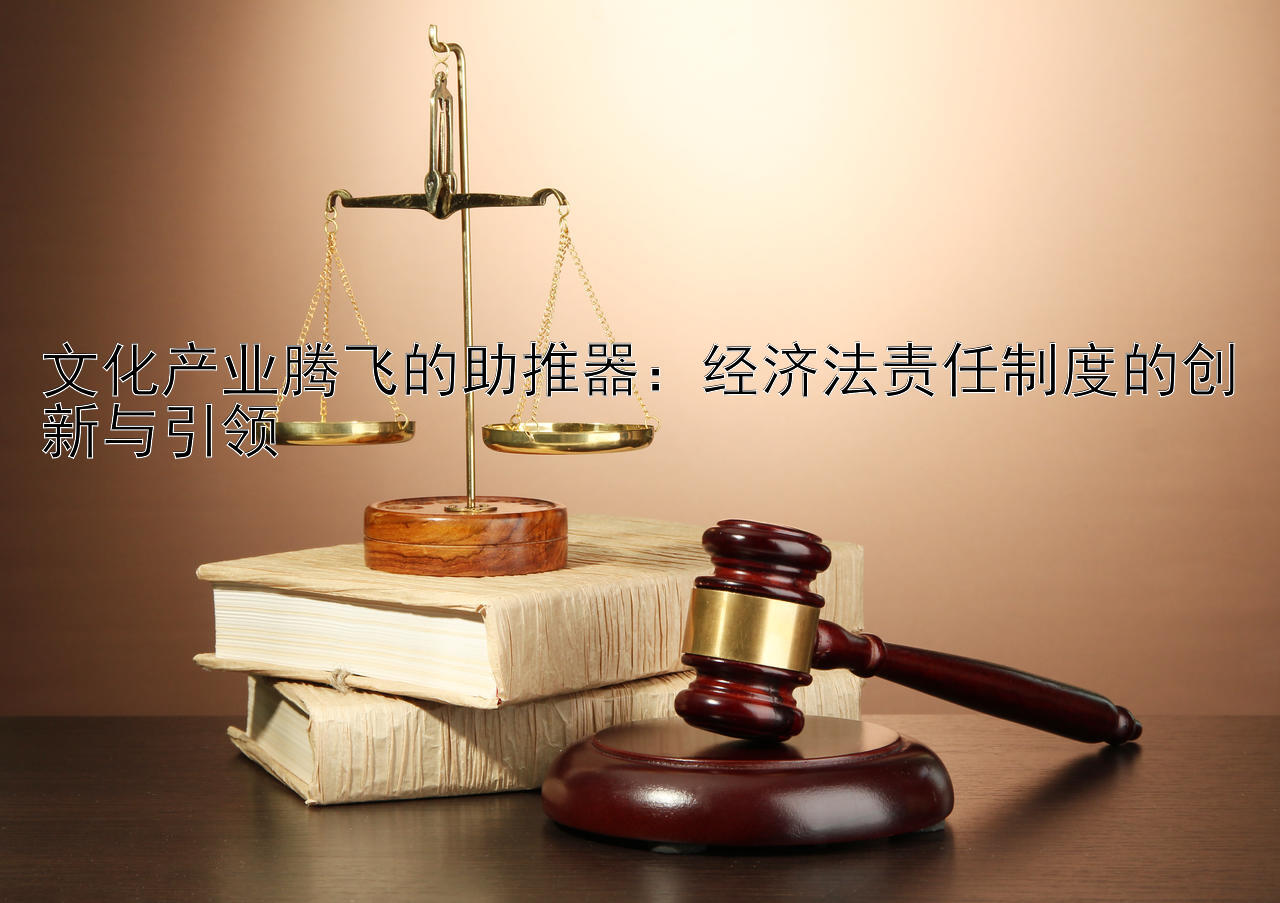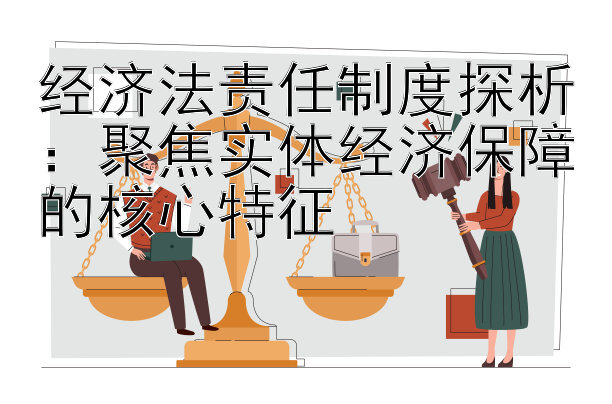leveraging Economic Law Liability System to Safeguard Innovation-Driven Development Strategy Implementation
导读Economic law liability system plays a pivotal role in safeguarding the implementation of an innovation-driven development strategy. It serves as both ......
Economic law liability system plays a pivotal role in safeguarding the implementation of an innovation-driven development strategy. It serves as both a deterrent and a corrective mechanism, ensuring that market participants align their actions with legal norms while fostering a conducive environment for innovation. This article delves into the intricate relationship between economic law, its liabilities, and how they contribute to the protection and promotion of innovative practices within various sectors.
The Foundations of Economic Law:
Economic law is a branch of law that regulates economic activities and relationships. It encompasses a wide range of laws, including competition law, consumer protection law, intellectual property rights (IPR) regulations, investment law, and financial regulation. Each component contributes to maintaining fair market conditions, protecting consumers' interests, encouraging technological advancement, and facilitating sustainable business models.
Liabilities in Economic Law:
Liabilities under economic law are designed to hold individuals or entities accountable for their actions when they contravene established rules. These can take many forms, such as fines, injunctions, damages, restitution, disgorgement of profits, or even criminal penalties depending on the nature and severity of the violation. The purpose is not only to punish past transgressions but also to prevent future ones by creating a strong incentive to comply with the law.
Safeguarding Innovation through Economic Law:
Innovation thrives in environments where creativity is rewarded and imitation discouraged. Economic laws help achieve this by providing robust mechanisms to protect innovators' rights and encourage investment in research and development (R&D):
-
Competition Law: Ensures fair competition among businesses by preventing anti-competitive practices like monopolistic behavior, cartelization, and abusive exploitation of dominant positions. Competition promotes efficiency and drives companies to continuously improve products and services to stay competitive.
-
Intellectual Property Rights (IPRs): IPRs grant inventors exclusive rights over their creations, thereby incentivizing them to invest time and resources into developing new ideas. Patent, copyright, trademark, and trade secret laws safeguard against unauthorized use or theft of innovations.
-
Consumer Protection Laws: Protect customers from deceptive marketing practices and ensure that goods and services meet certain quality standards. This encourages producers to focus on delivering value rather than engaging in shortsighted tactics that undermine genuine innovation.
-
Investment Regulations: Facilitate foreign direct investment (FDI) which brings capital needed for R&D projects along with expertise transfer across borders; at the same time it ensures compliance with host country's regulatory framework so investors do not exploit local markets unfairly leading towards balanced growth opportunities worldwide.
-
Financial Regulation: Promotes stability within financial systems by setting guidelines regarding lending practices, disclosure requirements for securities offerings etc., thus enabling entrepreneurs access necessary funding without exposing themselves unduly risk due diligence processes required before committing funds any given project proposal.
Case Studies Illustrating the Application of Economic Law:
-
Apple v. Samsung: A high-profile patent infringement case where Apple sued Samsung for copying iPhone design elements; ultimately resulting in significant monetary awards being granted based upon proven violations related specifically mobile device UI/UX aspects involved during litigation proceedings – underscoring importance having clear boundaries what constitutes acceptable vs unacceptable levels copying existing technology breakthroughs order foster ongoing progress sector overall health alike!
-
Microsoft Antitrust Case: Another landmark decision made by US Department Justice back 1990s alleging illegal monopoly power exercised via bundling software applications Windows operating system itself causing harm consumers choice innovation potential rivals alike forcing eventual settlement terms included divestiture key assets allowing competitors enter marketplace more easily going forward post-settlement period too!
Conclusion:
By enforcing economic laws effectively, governments create a level playing field where players must compete fairly according set rules everyone understands equally well beforehand thereby reducing uncertainty associated entering unchartered territories exploring untapped potentials waiting discovery those brave enough venture forth seeking better tomorrows ahead us all indeed truly remarkable feat worth celebrating every day possible make sure continue doing just right way around world today tomorrow forevermore hopefully…
热门标签



